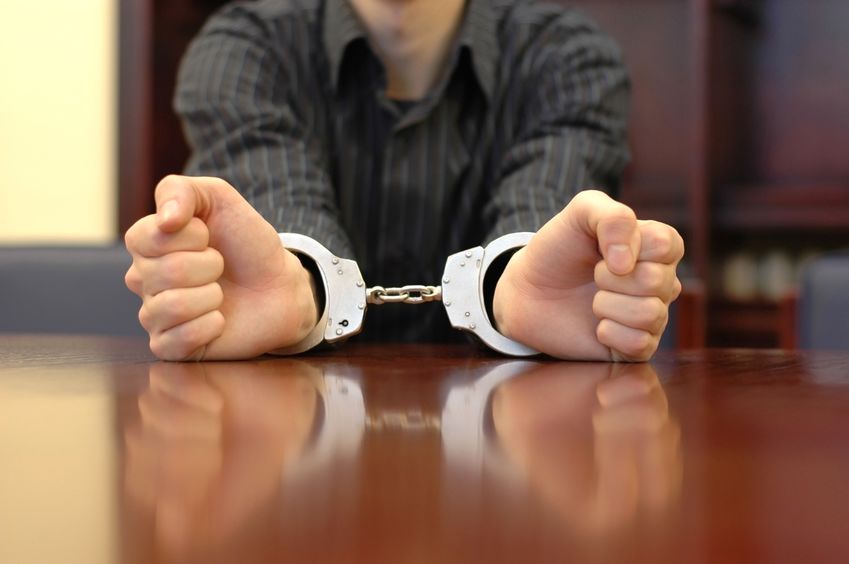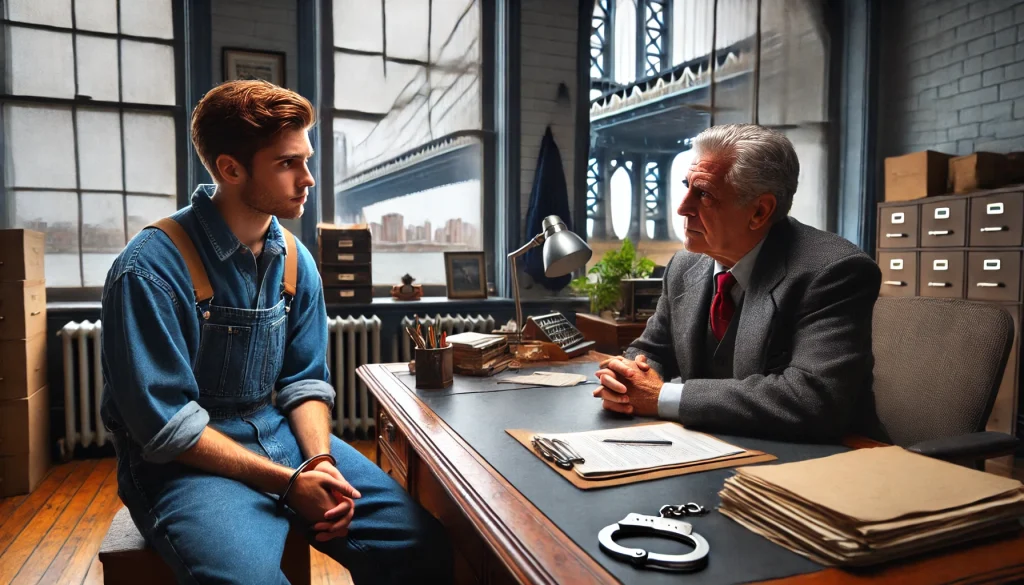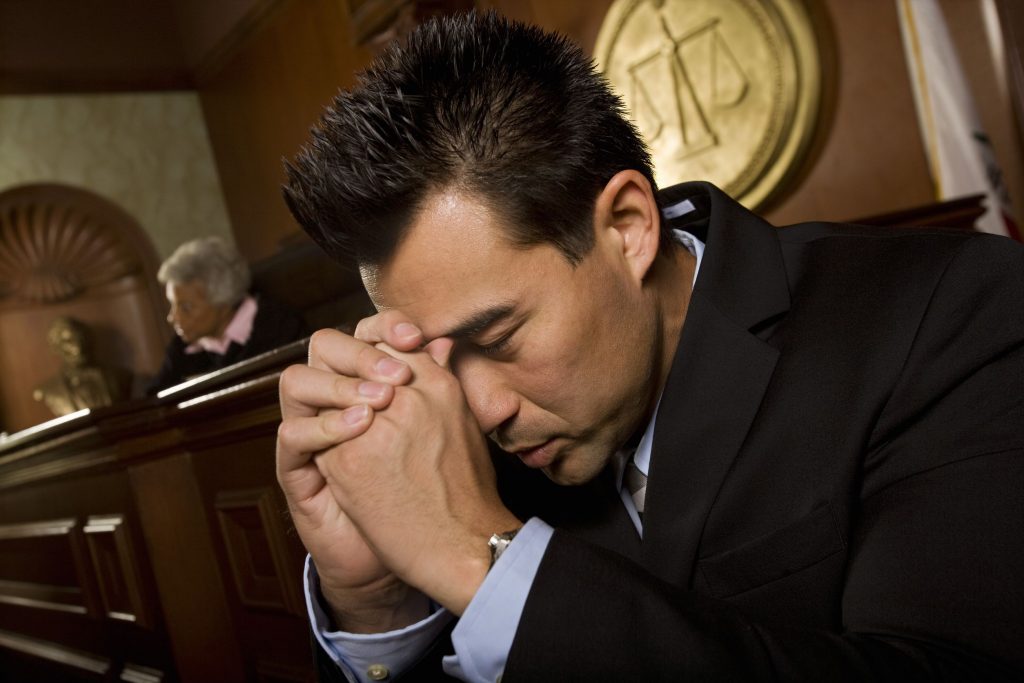When you are arrested or before you are interrogated, the police must read you your Miranda rights. These rights include the right to remain silent and the right to an attorney. You can choose to waive these rights, which means that you give up your right to remain silent and agree to speak to the police without an attorney present. Here’s what you should know about waiving these rights in New York and when you should reach out for help from an experienced criminal defense lawyer.
Is Waiving Your Rights In Your Best Interest?
There are some situations where it may seem like waiving your rights is going to be the fastest, most efficient way to get out of your current situation. For example, if you are confident that you have not done anything wrong and that you can explain the situation to the police without incriminating yourself, you might think you should waive your Miranda rights and speak directly to the police. However, this is almost never actually a good move and police are usually being disingenuous when they make generous offers in exchange for speaking with you without your lawyer present.
When Police Don’t Need To Read Your Rights
There are some circumstances in which law enforcement officers are not required to read someone their Miranda rights. For example, if an officer asks for identification from someone they’ve observed potentially engaging in criminal activity, they do not need to go give a Miranda warning. Additionally, if a suspect spontaneously confesses without any prompting from the police, Miranda warnings also don’t have to be given.
How A New York Criminal Defense Attorney Can Protect Your Legal Rights
When you are arrested, it is important to know your Miranda rights and if you should consider waiving them. If you are unsure about whether or not to invoke your rights, you should always consult with a lawyer before making any decisions.
Remember, you have the ability to remain silent, even if you are being asked questions by police officers or detectives. You should not sign any documents either, even if you are told that they will protect you.
Scott Cerbin is a veteran New York criminal defense attorney that can help protect your legal rights after being arrested by the police. Call now for a consultation to speak about your available options at 718-596-1829.









